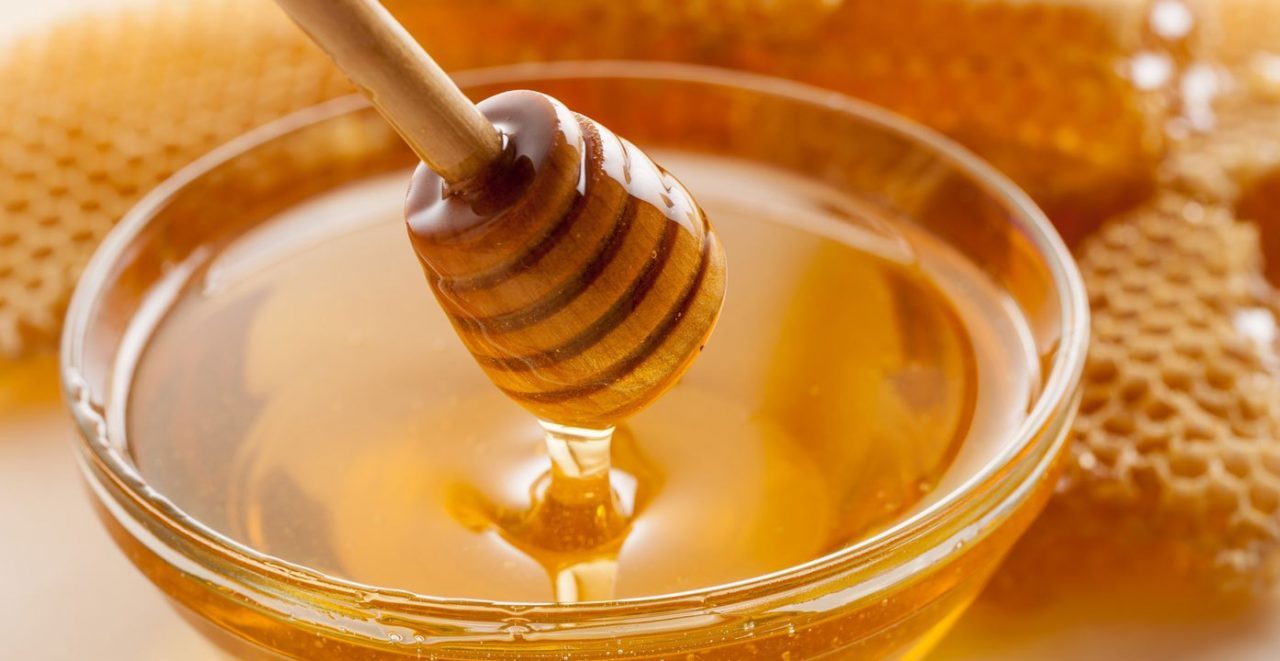
The Federal Government is spending at least $2 billion on the importation of honey yearly, while the country’s national consumption of the commodity stood at 400,000 tonnes, an animal scientist, Kingsley Nwaogu, has disclosed.
[ad]
Nwaogu made the assertion during a virtual lecture in Abuja while explaining that there was a growing demand for organic honey, especially by operators in the cosmetics, medicine, confectionery and the pharmaceutical industries in Nigeria.
He added that our honey production is less than 40,000 tonnes (less than 10 per cent of demand), and this trend indicates a large business opportunity as it is a non-capital intensive profitable business.
“Organic honey market analysis indicates that global demands for honey are projected to exceed 2.8 million tonnes by 2024. It is valued across the world as a healthy food and medicine. Bee wax is used in cosmetics, polishes, soaps, candles and others,” he said.
He said: “It is widely consumed globally due to its numerous nutritional benefits and uses. Global honey production and export generated $2.4 billion in 2017. Raw honey also contains Vitamins C, B6 and B12, A, E and D.
[ad]
“There are also many ways to enjoy eating honeycomb. According to a study published in the Korean Journal of Internal Medicine, it may help normalise liver function and improve symptoms of fatty liver disease.”
While saying that the commodity has a high carbohydrate content, which is a great source of natural energy, especially prior to exercising, Nwaogu maintained that numerous athletes used honey to enhance their performance in the field.
“This is caused by the pollen, vitamins, proteins and natural sugars that are only found in raw honeycomb that provide the best balanced simple carbohydrates for energy. In the Niger Delta where there are abundant natural resources and healthy bee populations, there are opportunities to market honey as organic or fair trade,” he explained.
However, there is scientific evidence that supports these beneficial claims, saying, where there are beekeeping activities, people in the community can generate income through the sale of equipment, bees and secondary products.
[ad]



